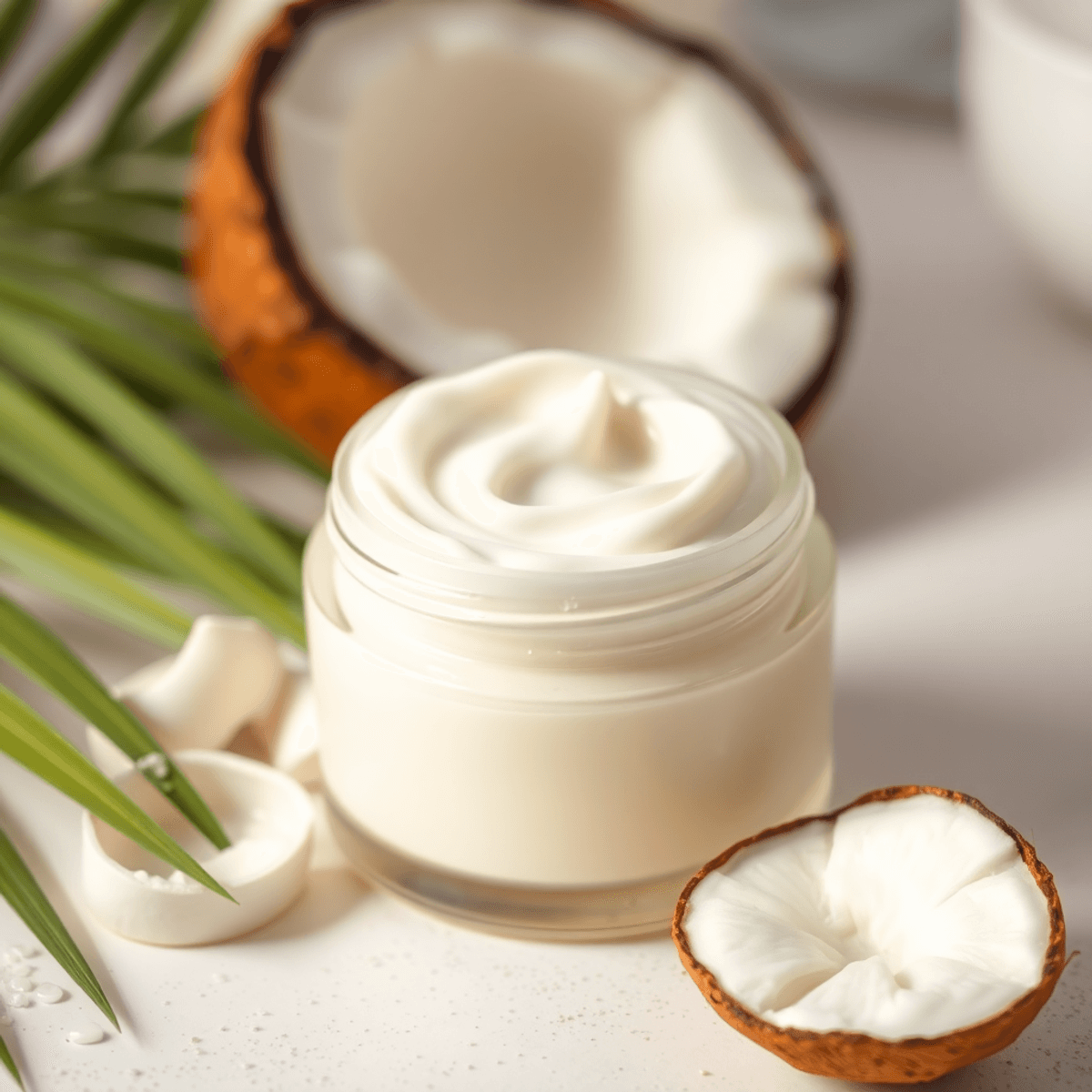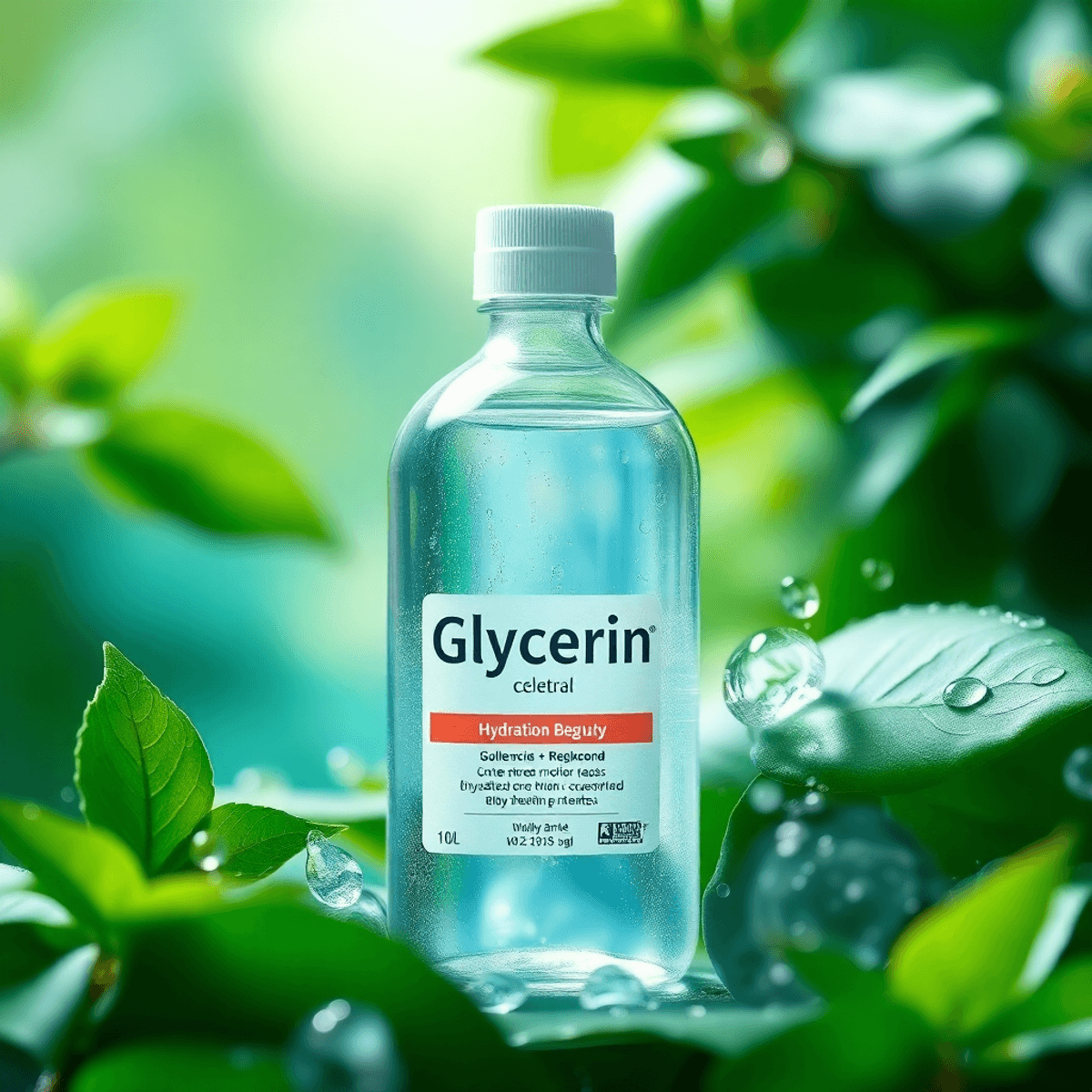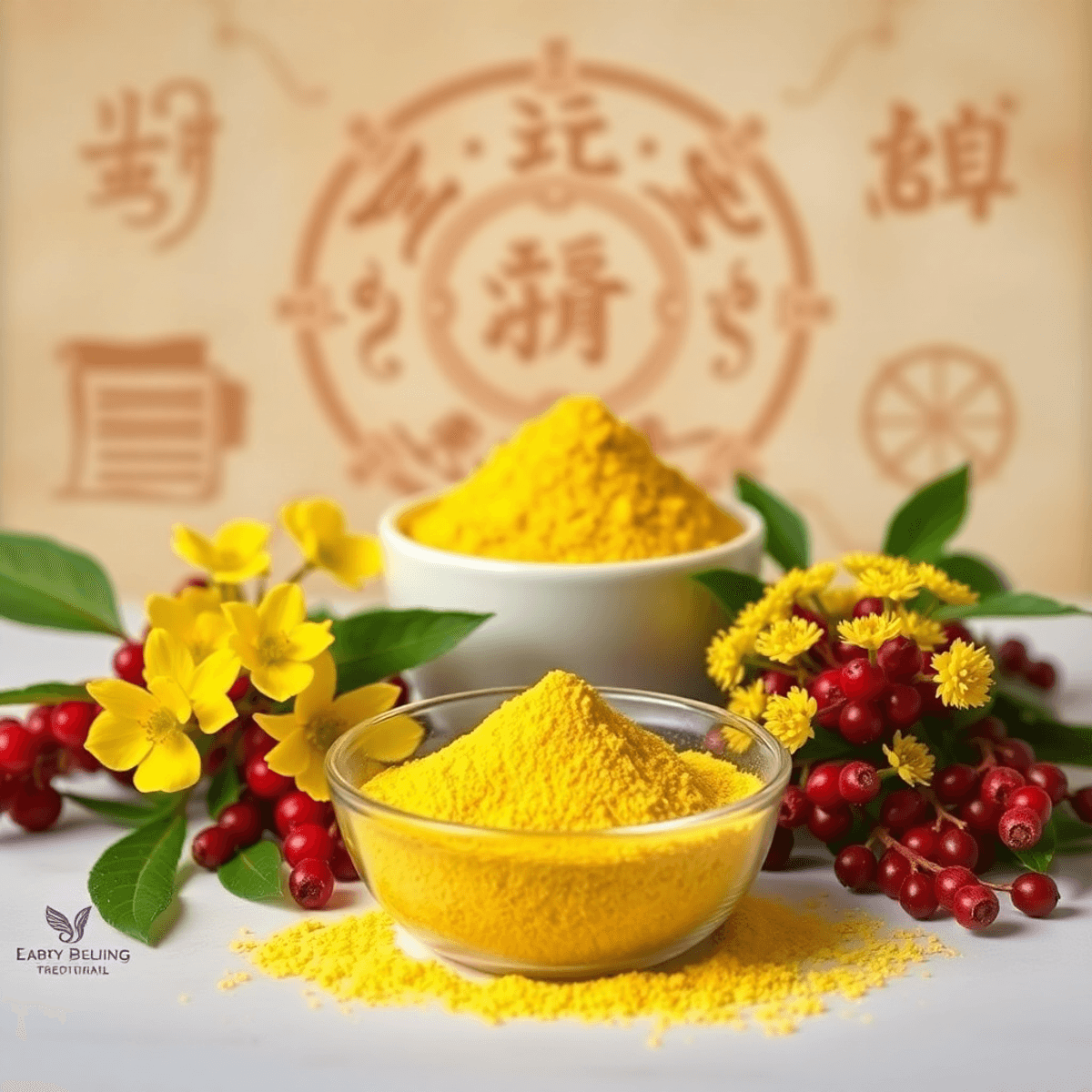The Healing Power of Spiraea Ulmaria: A Comprehensive Guide

Introduction
Spiraea Ulmaria, commonly known as Meadowsweet, is a powerful natural remedy for pain relief. This herbaceous perennial plant is known for its strong anti-inflammatory properties, making it an excellent choice for those looking for alternative ways to manage discomfort. Meadowsweet is primarily found in wet meadows throughout Europe and Asia, where it contains a wide range of bioactive compounds that contribute to its effectiveness.
In this article, we will explore the scientific evidence supporting the effectiveness of Meadowsweet. We will also discuss how to safely and effectively incorporate this herb into your wellness routine.
Understanding Spiraea Ulmaria
Spiraea ulmaria, also known by its scientific name Filipendula ulmaria, is a member of the Rosaceae family. This herbaceous perennial plant thrives in the moist meadows of Europe and Asia, making it a staple in various traditional medicine systems.
Traditional Uses Across Cultures:
- In European folk medicine, Meadowsweet has been valued for its ability to ease fever and pain.
- Native American traditions have utilised it for treating respiratory ailments.
- In ancient Celtic culture, it was considered sacred and used during rituals to symbolise love and protection.
The power of Spiraea ulmaria lies in its rich array of bioactive compounds:
- Salicylates: These compounds are akin to the active ingredient in aspirin, responsible for Meadowsweet’s renowned anti-inflammatory and analgesic properties.
- Flavonoids: Known for their antioxidant effects, flavonoids help combat oxidative stress and may contribute to cardiovascular health.
- Tannins: With their astringent qualities, tannins play a role in soothing gastrointestinal issues and promoting wound healing.
Together, these components make Spiraea ulmaria a versatile herb with far-reaching medicinal uses. The unique combination of salicylates, flavonoids, and tannins underscores its historical significance and continued relevance in herbal medicine.
The Pain Relief Properties of Meadowsweet
Meadowsweet, scientifically known as Spiraea Ulmaria, is an herb that combines traditional knowledge with modern scientific understanding. It is widely recognised for its ability to reduce pain and inflammation, primarily due to its high concentration of natural compounds called salicylates. These substances have similar effects as aspirin, making Meadowsweet a natural choice for pain relief.
How Meadowsweet Works to Relieve Pain
The active ingredients in Meadowsweet, especially salicylates, work by targeting inflammation at the cellular level. They inhibit specific enzymes involved in the inflammatory response, leading to decreased swelling and pain. This mechanism of action is comparable to that of salicylic acid found in aspirin, which makes Spiraea Ulmaria an appealing option for individuals looking for natural alternatives to pain relief.
Comparing Meadowsweet with Aspirin (Salicylic Acid)
Aspirin is well-known for its effectiveness in reducing pain and inflammation through its main component, salicylic acid. Similar to aspirin, Meadowsweet also contains a high amount of salicylates and offers similar benefits. However, one advantage of Meadowsweet is its gentler effect on the stomach lining compared to aspirin. This characteristic has historically made it a preferred choice for people requiring long-term pain management without experiencing gastric side effects commonly associated with aspirin.
Historical Use of Meadowsweet in Treating Arthritis and Gout
For centuries, Meadowsweet has been recognised as a therapeutic herb used to relieve conditions such as arthritis and gout—both of which involve severe joint pain and inflammation. Various cultures have valued its analgesic properties as a means to enhance mobility and improve quality of life for individuals suffering from these chronic ailments.
Clinical Studies on Meadowsweet's Effectiveness
Recent clinical studies have further investigated the effectiveness of Meadowsweet in reducing inflammation and pain. Researchers have conducted trials examining its impact on inflammatory conditions:
- Study 1: A controlled study assessing the effect of meadowsweet extract on patients with mild arthritis showed significant improvement in joint stiffness and pain after regular use.
- Study 2: Another investigation focused on Meadowsweet's role in managing gout symptoms indicated a decrease in flare-up frequency among participants.
Understanding the Results Regarding Inflammatory Conditions and Pain Relief
The findings from these studies suggest that Meadowsweet shows promise as an effective treatment for managing inflammatory disorders. Participants reported greater comfort levels and reduced reliance on synthetic painkillers when incorporating Meadowsweet into their treatment plans.
By combining historical uses with modern research findings, Spiraea Ulmaria emerges as a powerful herbal solution for those seeking natural remedies for pain relief, such as this natural pain relief cream which can help with back pain, joint pain, knee pain, neck and muscle pain. While ongoing research continues to explore its full potential, current evidence supports its role as a safe and effective alternative or complement to traditional pharmaceutical options.
Medicinal Applications of Spiraea Ulmaria Extracts
Different Forms of Meadowsweet
When it comes to utilising Spiraea ulmaria extract, understanding the various forms available can enhance its effectiveness and versatility. Meadowsweet is commonly used in:
- Teas: Brewing meadowsweet tea involves steeping its dried flowers and leaves in hot water. This traditional method is often favoured for its soothing effects on digestive issues and mild pain relief.
- Extracts: Concentrated forms of Meadowsweet offer a potent option. These extracts are typically available as tinctures or capsules, providing a convenient way to access the herb's benefits without the need for preparation.
- Powders: Ground meadowsweet can be mixed into smoothies or other beverages, making it easy to incorporate into daily routines.
Dosage Recommendations and Preparation Methods
To maximise the benefits of Spiraea ulmaria, it's crucial to adhere to proper dosage guidelines. Here are some general recommendations:
- Teas: Use about two teaspoons of dried Meadowsweet per cup of boiling water. Allow it to steep for 10 minutes before consumption.
- Extracts: Follow the manufacturer's instructions, which typically suggest taking between 1-3 ml of tincture up to three times per day.
- Powders: Start with a small amount, such as a quarter teaspoon, and adjust according to personal tolerance and desired effect.
Best Practices for Consumption
When incorporating Meadowsweet into your wellness regimen:
- Consult with a healthcare provider, especially if you are pregnant, nursing, or have pre-existing health conditions.
- Be mindful of any potential interactions with medications, particularly those related to blood thinning due to salicylate content.
Spiraea Ulmaria Extract in Skin Care Products
The use of Spiraea ulmaria extract extends beyond internal health benefits and plays a significant role in skin care:
Skin Benefits from Meadowsweet Extracts
Meadowsweet is known for its anti-inflammatory properties, making it an excellent addition to skincare products aimed at reducing redness and irritation. Its natural composition helps calm inflamed skin conditions like eczema and acne.
Soothing Skin Irritations and Inflammation
Incorporating Spiraea ulmaria flower extract into creams or lotions can provide relief from minor skin irritations. The tannins present in the plant contribute to its astringent properties, helping tighten skin pores and improve overall complexion.
Choosing products that contain meadowsweet extracts can be beneficial for individuals seeking natural solutions for sensitive or reactive skin types. The versatility of Spiraea ulmaria makes it a valuable component in both traditional medicine practices and modern wellness routines.
Gastrointestinal Health Benefits of Spiraea Ulmaria
Spiraea Ulmaria, also known as Meadowsweet, offers significant benefits for gastrointestinal complaints. Its use in treating digestive tract issues is well-documented in herbal medicine, making it a valuable ally for those seeking natural remedies.
1. Relief from Heartburn and Stomach Ulcers
Meadowsweet contains compounds that help regulate stomach acidity, providing relief from heartburn. The tannins present in the plant offer a protective lining to the stomach, which can be beneficial for those suffering from ulcers.
2. Support for Diarrhea and Digestive Health
The astringent properties of tannins also contribute to its effectiveness against diarrhea. Meadowsweet's ability to soothe and balance the digestive tract makes it an excellent choice for promoting overall digestive health.
These unique properties highlight why Spiraea Ulmaria is a great choice not only for pain relief but also for maintaining a healthy digestive system. By incorporating this herb into your regimen, you may find relief from common gastrointestinal issues while benefiting from its anti-inflammatory effects.
Safety Considerations When Using Spiraea Ulmaria for Pain Relief
When considering Spiraea ulmaria, also known as Meadowsweet, for pain relief, it's important to be aware of potential contraindications and side effects. This plant contains salicylates, which are chemically similar to aspirin, and can lead to interactions with medications, especially aspirin itself.
Possible Side Effects and Interactions
- Allergic Reactions: Some individuals may experience allergic reactions due to salicylate sensitivity. Symptoms can include skin rashes, respiratory issues, or gastrointestinal discomfort.
- Medication Interactions: Meadowsweet may interact with blood-thinning medications like warfarin or other non-steroidal anti-inflammatory drugs (NSAIDs). This is because salicylates can enhance the effects of these medications.
- Immune System Sensitivity: People with autoimmune conditions should consult healthcare professionals before using Meadowsweet, as it might influence immune responses.
Recommendations for Specific Health Conditions
- Individuals with asthma, nasal polyps, or a history of aspirin-induced asthma should approach Meadowsweet with caution.
- Those with existing liver or kidney conditions need to consult a healthcare provider since these organs process similar compounds to those found in Meadowsweet.
- Pregnant or breastfeeding women are advised to avoid Meadowsweet due to insufficient research on its effects during pregnancy and lactation.
Understanding these considerations ensures safer use of Spiraea ulmaria and helps prevent adverse reactions while exploring its therapeutic benefits.
Conclusion: Embracing the Healing Power of Spiraea Ulmaria for Pain Relief and Overall Health
The healing power of Spiraea ulmaria, commonly known as Meadowsweet, offers a compelling choice for those seeking natural remedies for inflammation and pain relief. Its rich composition of bioactive compounds, including salicylates, flavonoids, and tannins, makes it a robust option for those looking to alleviate discomfort without relying solely on synthetic medications.
Exploring herbal medicine as a complementary approach to health care can be highly beneficial. Spiraea Ulmaria stands out as an excellent choice for pain relief due to its historical use and scientific backing. Here are some reasons why it is worth considering:
- Natural anti-inflammatory action: Meadowsweet provides a gentle yet effective alternative to traditional anti-inflammatory drugs.
- Diverse benefits: Beyond pain relief, it contributes to digestive health and skin care, enhancing overall well-being.
- Cultural heritage: An integral part of traditional medicine across Europe and Asia, demonstrating its longstanding credibility.
By incorporating Spiraea ulmaria into your wellness routine, you can harness nature's potential to support health in a balanced and holistic manner.












